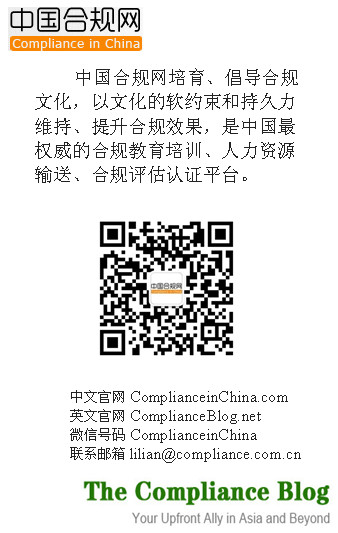According to a report of China Daily on February 11, 2014, the National Development and Reform Commission (“NDRC”), one of the antitrust authorities enforcing China’s Anti-Monopoly Law, is going to recruit more hands to launch more investigations in the year of 2014 in various industries.
HUANG Yong, deputy head of the expert advisory group of the State Council’s anti-monopoly committee, told China Daily that more investigations will be in the pipeline after new hands are added to price supervision offices. "The shortage of personnel is believed to be a major difficulty local price supervision offices face," said Huang, also a professor at theUniversityofInternational Businessand Economics.
XU Kunlin, the head of the price supervision department at the National Development and Reform Commission, recently revealed a plan to recruit at least 170 employees for the antitrust law enforcement team. About 20 of the new members will work for theBeijingdepartment of the NDRC, and the rest will join local units.
There are currently about 40 staff members in the NDRC to enforce Anti-Monopoly Law. Within NDRC, the unit responsible for antitrust enforcement is the Price Supervision and Anti-Monopoly Bureau (“Bureau”). In 2011, the Bureau added 20 officials to its staff. With the growth of its staff, the Bureau has moved from one division to three divisions handling antitrust enforcement, namely Anti-Monopoly Division 1, Anti-Monopoly Division 2, and Competition Policy and International Cooperation Division. The allocation of responsibilities among the first two divisions is based on the type of cases handled: Anti-Monopoly Division 1 is responsible for cases in the services area, while Anti-Monopoly Division 2 handles cases involving products. With 20 more to be added, the Bureau will have a team of 60 at its headquarters, and at least over 200 at the provincial level.
It is believed that the Bureau focuses its investigations on the industries that are closely associated with the daily life of consumers such as telecommunications, vehicles, banking, pharmaceutical products, energy, and food.
NDRC is currently investigating Qualcomm, the world’s biggest cell phone chip maker, upon the complaints of the concerned Chinese companies for over-charging of license fee.

